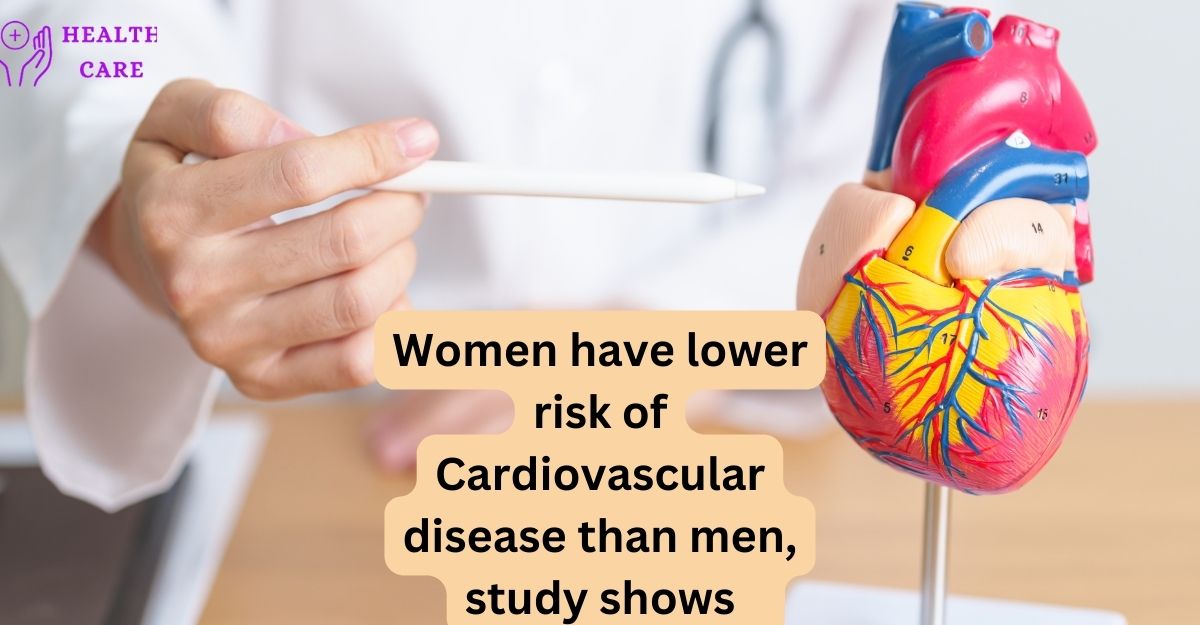Introduction
Everyone can benefit greatly from exercise, but a recent study suggests that women might benefit even more from it. That it prevents cardiovascular disease.
According to Cheng, the majority of adults do not exercise to the suggested levels. The Physical Exercise Guidelines for Americans state that adults should engage in two days of muscle-building activities and 150 minutes of moderately intense physical exercise per week.
In this research, from 1997 to 2019, the National Centre for Health Statistics conducted surveys every few years with over 400,000 US people, aged 27 to 61, asking them about their amount of activity. Subsequently, researchers tracked mortality from every cause and, in particular, from illnesses connected to cardiovascular disease using the National Death Index data for the two years following the survey time.
11,670 of the approximately 40,000 survey respondents who passed away over that time had cardiovascular disease deaths, according to the report.
What study shows
Many studies have shown that any amount of physical activity helps to reduce the risk of premature death, but a new study published Monday in the Journal of the American College of Cardiology found that women needed less exercise to gain the same benefits as men, said senior study author Dr. Susan Cheng, director of the Institute for Research on Healthy Aging in the Smidt Heart Institute at Cedars-Sinai.
Women who worked for a minimum of 150 minutes per week over that period had a 24% lower risk of dying from any cause compared to those who exercised less. According to the findings, guys who worked for a minimum of 150 minutes a week had a 15% lower chance of passing away than men who did not meet that requirement.
Exercise also lowered the risk of heart attacks, strokes, and other cardiovascular disease events in women by 36%, while it lowered the risk in males by 14%.
Women experienced the same effect at 140 minutes per week of medium to vigorous physical exercise, while males required 300 minutes per week to observe the largest decrease in the risk of mortality. In addition, it lowers the risk of cardiovascular disease.
This study was observational, meaning that while the data can only show a correlation between exercise and risk for death, researchers can’t say that the exercise is causing the lowered risk. It did, however, look at both aerobic activity and muscle strengthening at different intensities, Cheng said.
Results of the study
The results of the latest study are reliable and add to a body of evidence showing the differences in men’s and women’s results with exercise and the importance of the regular physical activity to good health and well-being, said Dr. Andrew Freeman, director of cardiovascular prevention and wellness at National Jewish Health in Denver.
He continued by saying that not enough people use physical activity as a cure and not sufficient medical professionals prioritise it. Freeman did not participate in the research.










